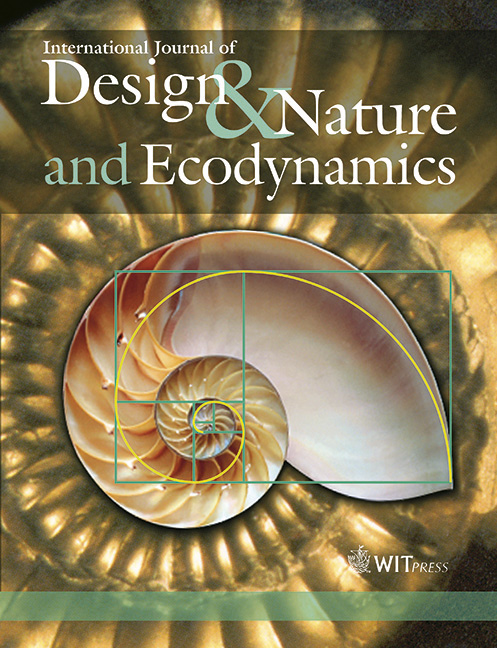THE RELIGIOUS CASE FOR WATER AS A HUMAN RIGHT FROM THE ANDES
Price
Free (open access)
Volume
Volume 12 (2017), Issue 4
Pages
11
Page Range
470 - 481
Paper DOI
10.2495/DNE-V12-N4-470-481
Copyright
WIT Press
Author(s)
TERENCE A. MCGOLDRICK
Abstract
For the first time since la conquista, a Latin American country is governed by its indigenous peoples, with a return to traditional models of society that propose an alternative to the failures of globalization. These changes began when the water war erupted in 2000 after the Bolivian government allowed the multi-national, Bechtel, to privatize its water supply with pressure from the World Bank. Ultimately, Bechtel withdrew, giving rise to the grassroots indigenous social movement led by Evo Morales that overturned the Bolivian political order. The country’s new constitution grants nature status as a juridical person and states that water can never be privatized. Bolivia was a leading force in the United Nations declaration of water as a human right in 2013. This essay explains the theological cosmovision behind these moral arguments and places them in context.
Keywords
Bolivia, development ethics, indigenous, post-neoliberalism, privatization, rights of nature, water rights




